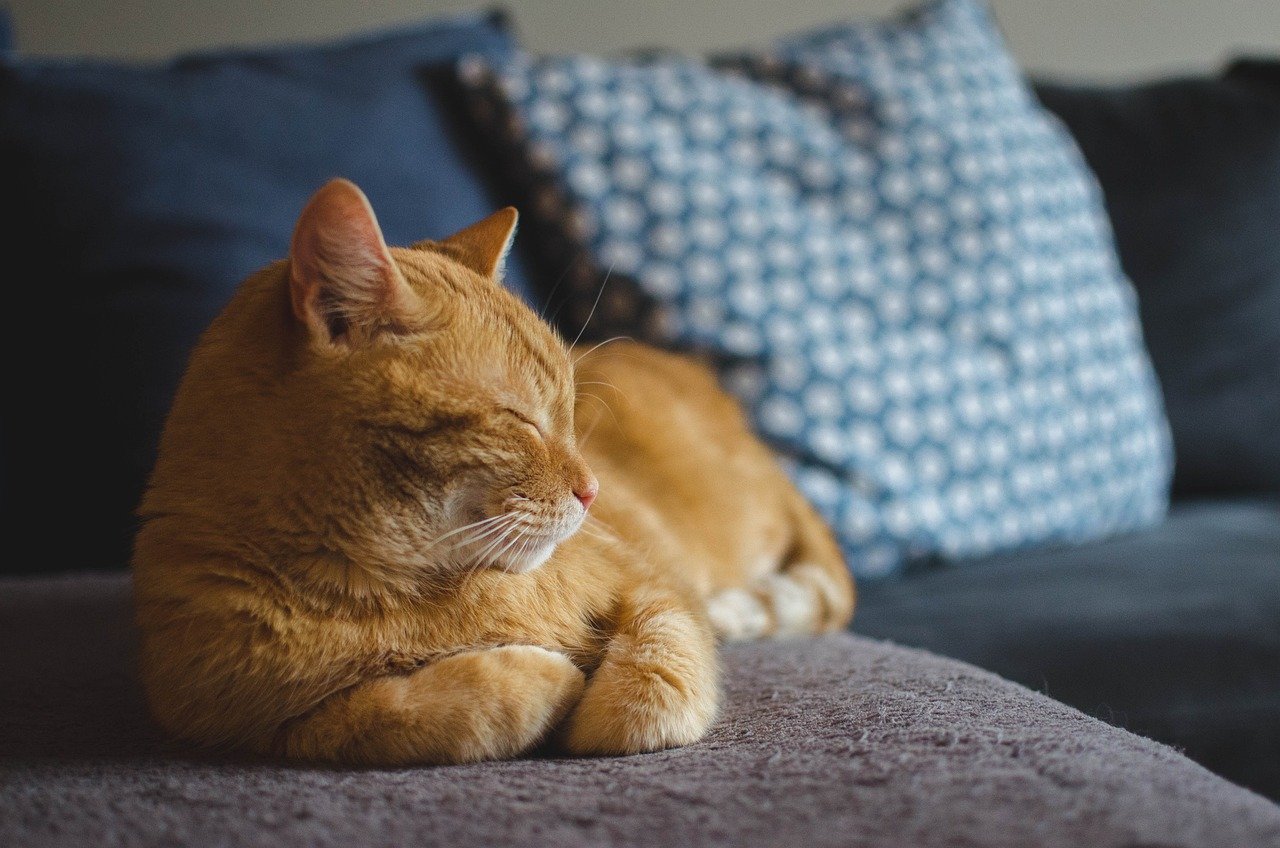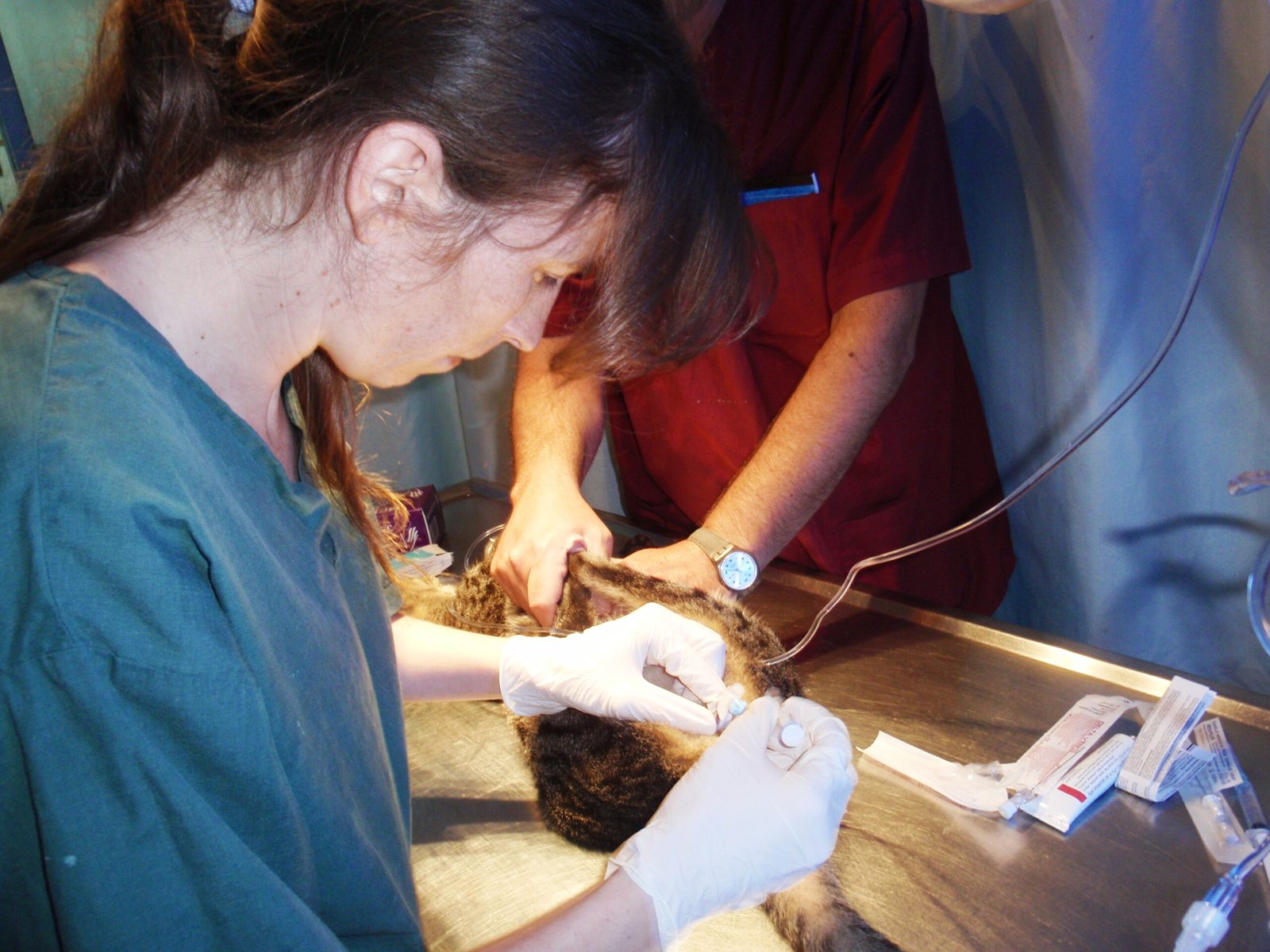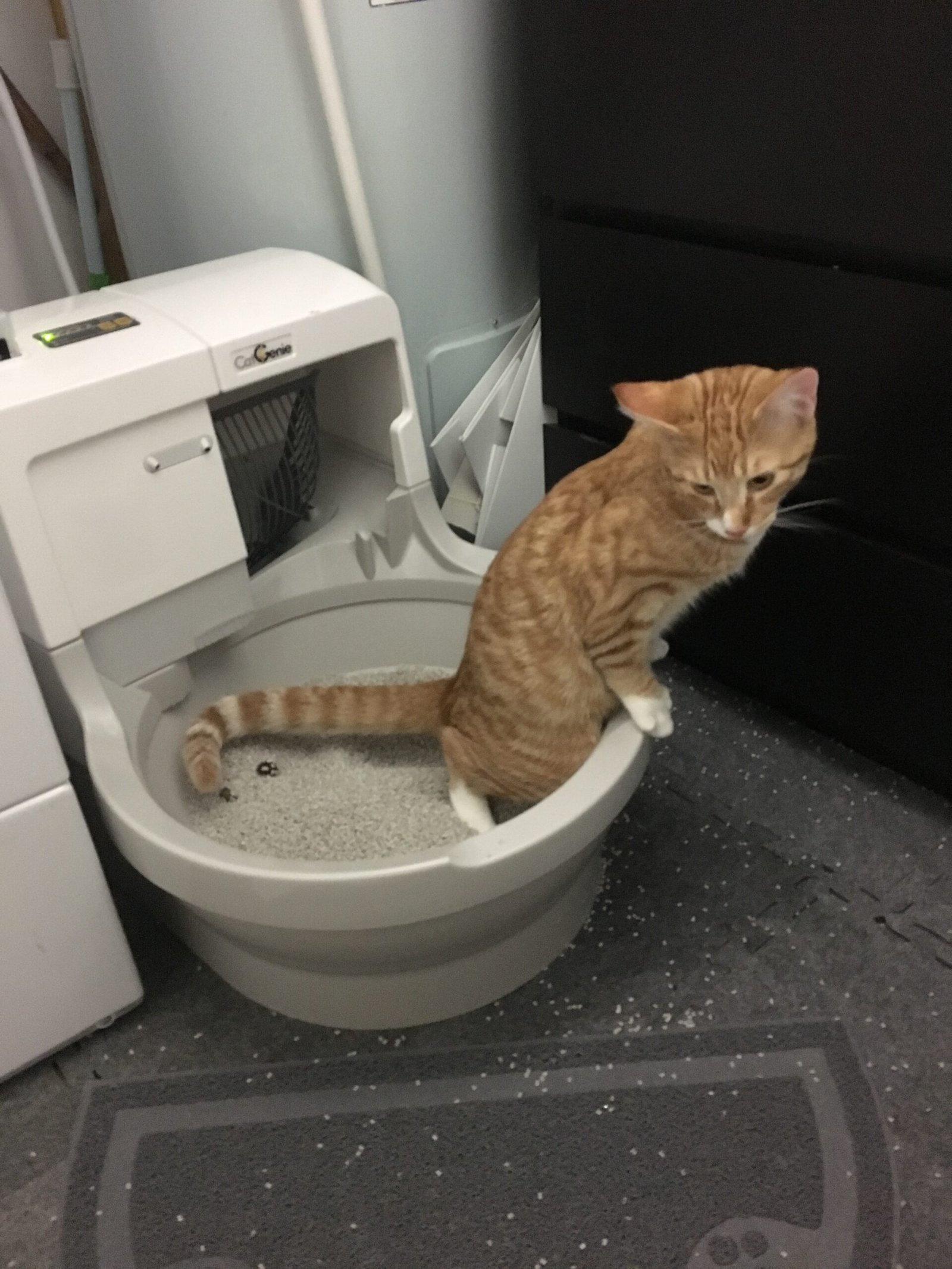Have you ever wondered if you’re unintentionally hurting your beloved cat? Even the most devoted cat owners sometimes make heartbreaking mistakes that can leave their furry companions confused, stressed, or even in danger. Cats are mysterious, sensitive creatures—and they trust us to keep them safe. If you truly want to be your cat’s hero, it’s time to uncover some surprising behaviors every cat lover should avoid. Let’s dive into the seven key things you should never do to your cat, and discover how to build a happier, healthier bond.
Never Yell or Punish Your Cat

It might be tempting to raise your voice when your cat scratches the sofa or knocks over a glass of water, but yelling at your cat can do more harm than you think. Cats don’t understand punishment the way humans do. Instead, loud voices and harsh discipline frighten them, break their trust, and can lead to anxiety or aggression. Imagine being yelled at in a language you don’t understand—confusing and scary, right? Instead of discipline, try to redirect your cat’s attention with toys or offer them a scratching post. Remember, patience and positive reinforcement are your best tools in guiding your cat’s behavior.
Never Declaw or Mutilate Their Paws
Declawing is not just a simple nail trim—it’s an amputation of your cat’s toes up to the first joint. This procedure is banned in many countries because it causes lifelong pain, mobility problems, and emotional distress. Cats use their claws for balance, climbing, and even stretching. Taking that away from them would be like removing your fingers! If you’re worried about scratching, provide plenty of appropriate surfaces and regularly trim your cat’s nails. There are also soft nail caps available if you need extra help. Treat your cat’s paws with the same gentleness you’d wish for your own hands.
Never Feed Inappropriate Human Foods
Sharing your snacks with your cat might seem like a way to bond, but many human foods are dangerous for felines. Chocolate, onions, garlic, grapes, and even some dairy products can be toxic and cause severe health problems. Cats have unique dietary needs—foods that are safe for us can make them very sick. Instead, stick to high-quality cat food and occasional treats designed specifically for cats. If you want to spoil your kitty, try offering a little cooked chicken or fish—plain and unseasoned. When in doubt, remember: what’s tasty for you might be deadly for your cat.
Never Ignore Signs of Illness or Pain

Cats are experts at hiding pain. In the wild, showing weakness could make them vulnerable. That’s why it’s so important to pay close attention to changes in your cat’s behavior. If your cat is suddenly hiding, not eating, grooming excessively, or acting out of character, don’t brush it off. These could be subtle cries for help. Waiting too long to seek veterinary care can make treatable problems much worse. Trust your instincts—if something feels off, it probably is. Your quick action could save your cat’s life.
Never Force Affection or Handle Roughly
It’s hard to resist picking up your cat for a cuddle, but not all cats enjoy being held or handled. Forcing affection or grabbing your cat roughly can create fear and break the trust between you. Remember, every cat is different—some love lap time, while others prefer to show affection on their own terms. Respect your cat’s boundaries and let them come to you. Watch for signs like flattened ears or a twitching tail, which mean “back off.” Building a bond based on respect leads to deeper, more rewarding affection.
Never Neglect Litter Box Hygiene

A dirty litter box is more than just unpleasant—it’s a recipe for stress and health problems for your cat. Cats are naturally clean animals, and a soiled box can make them refuse to use it, leading to accidents around your home. Worse, it can cause urinary tract infections or other medical issues. Scoop the litter box at least once a day and change the litter regularly. Make sure you have enough boxes for the number of cats in your household—one per cat, plus one extra. A clean litter box means a happier, healthier cat and a fresher-smelling home.
Never Leave Your Cat Alone for Long Periods
Cats have a reputation for being independent, but that doesn’t mean they enjoy being left alone for days on end. Extended periods of loneliness can cause depression, anxiety, or behavioral problems. Just like people, cats need companionship, stimulation, and routine. If you travel or work long hours, consider having a friend, family member, or pet sitter check in on your cat. Make sure your cat has toys, scratching posts, and cozy spots to rest. A little planning ensures your cat stays happy and secure, even when you’re not home.
Cats give us endless love and laughs, but they depend on us for care and understanding. By avoiding these seven common mistakes, you can help your cat feel safe, cherished, and truly at home. Isn’t that what every cat deserves?

Born and bred in South Africa, a Capetonian at heart. Amy-Leigh’s love for nature and animals was inherited from her Dad. He loves taking the family on road trips to experience nature at its finest; Amy-Leigh’s favourite being whale watching in Hermanus and spotting Kudu along the West Coast. Amy-Leigh holds a BA in English Literature and Communication Studies.





